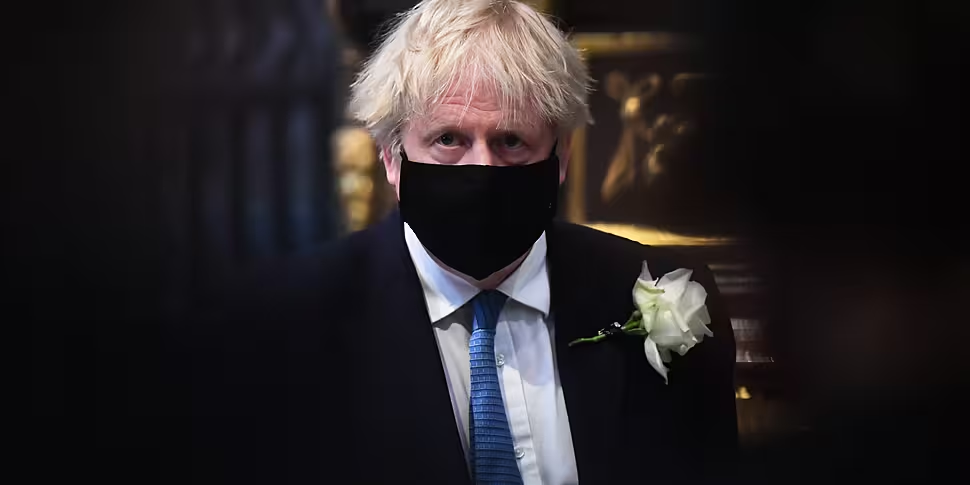The British Prime Minister has warned world leaders they're facing a "doomsday clock" to tackle climate change.
Over 100 leaders have gathered in Glasgow for Cop 26 to discuss ways to tackle the crisis.
The goal for world leaders is clear - keep global warming limited to 1.5 degrees above pre-industrial levels.
That involves halving emissions over the next decade - with significant changes to the way we travel, heat our homes and get our food.
Getting countries to agree on the path forward is a big ask, though.
Opening the leaders' summit, British Prime Minister Boris Johnson says delaying climate action will just make things worse:
"Let us think about those billions of beady eyes that are watching us around the world."
"...and let us think of the billions more, of the unborn, whose anger will be all the greater if we fail."
"We cannot let them down."
Live from Glasgow 📺
Watch the #COP26 Opening Ceremony live 👇#TogetherForOurPlanethttps://t.co/btmQk6qYrd— COP26 (@COP26) November 1, 2021
Business & Farming In Ireland Need To Change
Among the goals from this conference are an agreement on phasing out coal, encouraging investment in renewables and speeding up the switch to electric vehicles.
Taoiseach Micheal Martin says the way we do business needs to change to meet the targets:
"To those who are skeptical as to the cost of doing this, I would say there is no choice."
The UN General Secretary Antonio Guterres says the world's "addiction to fossil fuels" is pushing humanity to the brink:
"We face a stark choice, either we stop it or it stops us."
"It's time to say enough."
"Enough of brutalising bio diversity, enough to killing ourselves with carbon."
He added, "enough of treating nature like a toilet, enough of burning and drilling and mining our way deeper."
"We are digging our own graves."
Finally in Glasgow for the #COP26! And thank you for the very warm welcome…😅 pic.twitter.com/mK4vl7iTM1
— Greta Thunberg (@GretaThunberg) October 30, 2021
New CSO figures show some encouraging signs for Ireland - greenhouse gas emissions from homes fell 3 per cent in 2019 - from industry by 7 per cent and from agriculture by 4 per cent.












